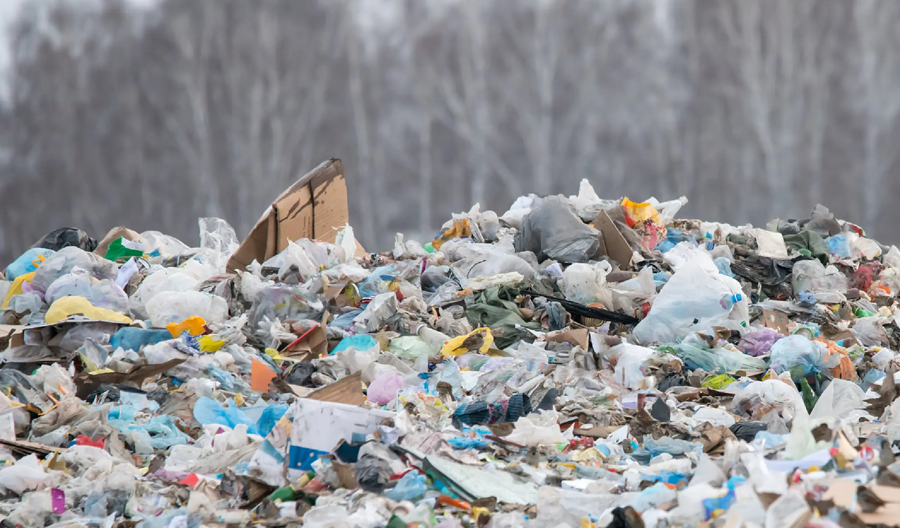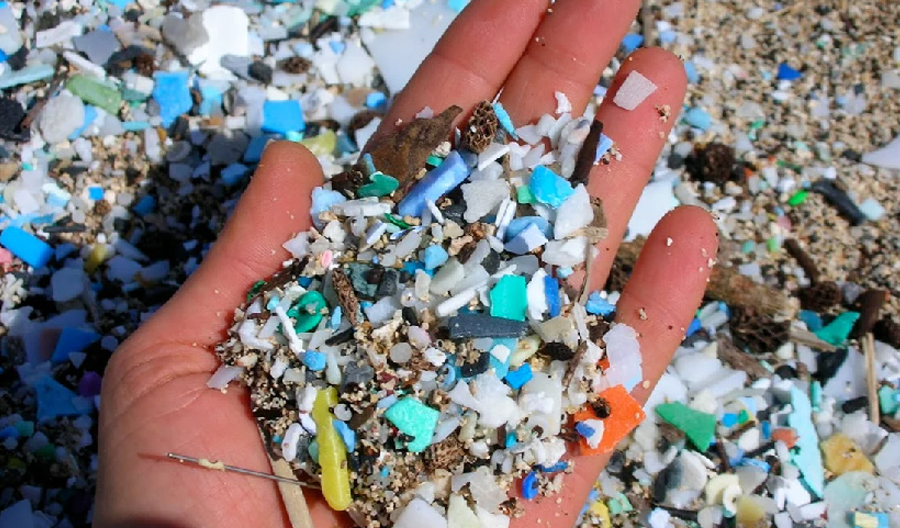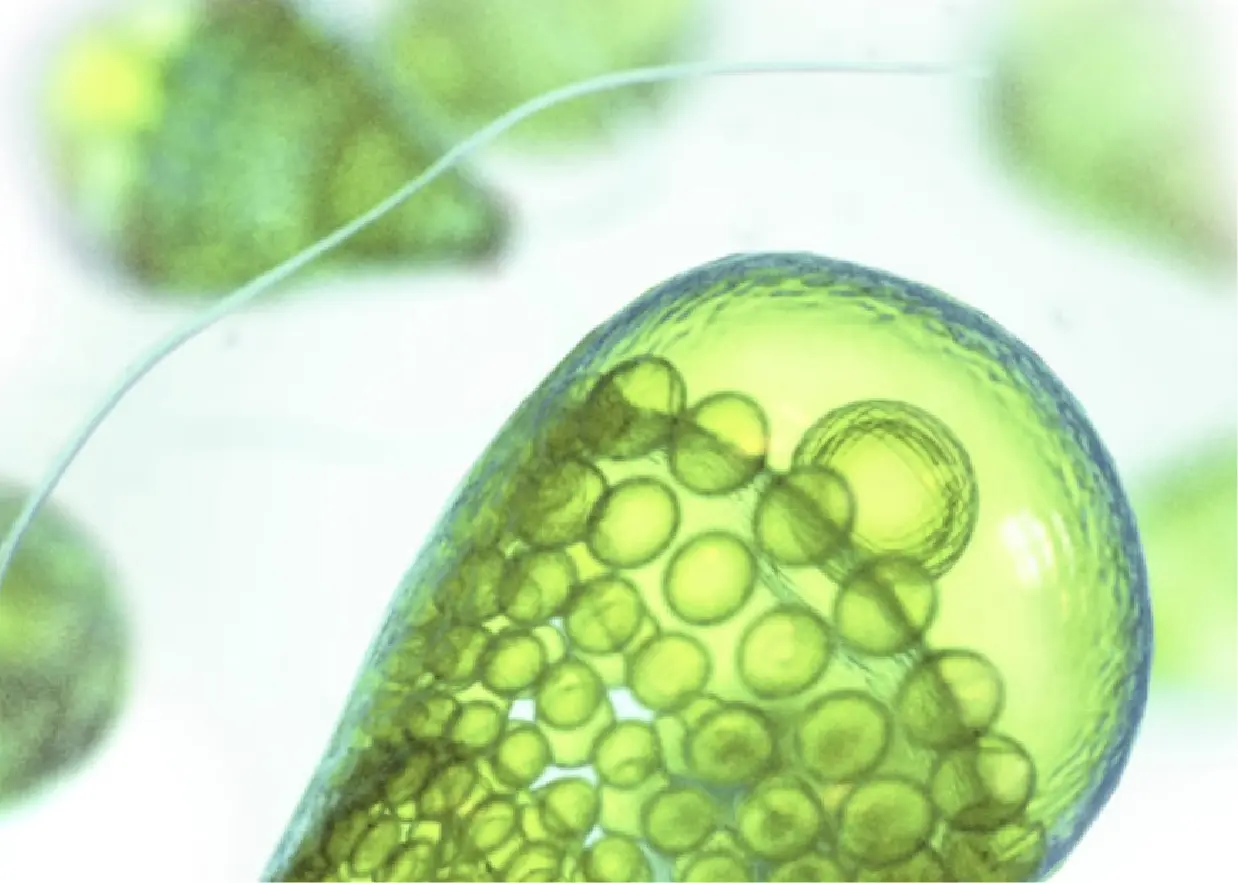


Plastic has greatly influenced our modern lives, offering affordability, food protection, lightweight convenience, and more. However, its widespread use also leads to environmental pollution, contaminating soil, waterways, and food supplies, posing risks to our health.*
Source: weforum.org, theguardian.com




Plastic requires centuries to fully decompose: Initially fragments into harmful microplastics for a long while, seriously threatening our environment and health before able to be biodegraded by bio-organism.

The problem can only get bigger until we solve it: Each year, millions of tons of plastic enter the ocean due to human actions and poor waste management. This amount is projected to increase as global plastic usage rises.
*Source from: researchgate.net

Sustainable plastic use involves carefully considering its entire life cycle: where the material comes from, how it's made, and what happens to it when we're done. We can't tackle plastic pollution by emitting more carbon emissions, which only makes climate change worse.

Less Ego More Eco is needed; No single “R” or solution is adequate to solve this. Local context and holistic approach matter in creating technically and economically viable as well as scalable solutions. Collaboration is critical.
Real-life representation of the effective and safe biodegradation and bio-assimilation process of Greenhope technologies: Oxium, Ecoplas, and Naturloop.
See More
Biodegradation of oxidized high-density polyethylene and biodegradation of plastic using microalgae Dunaliella salina: It shows how microorganisms convert and bio-assimilate Oxium byproducts into water, carbon dioxide and biomass, demonstrating complete biodegradation by the single-cell microalgae.
See More